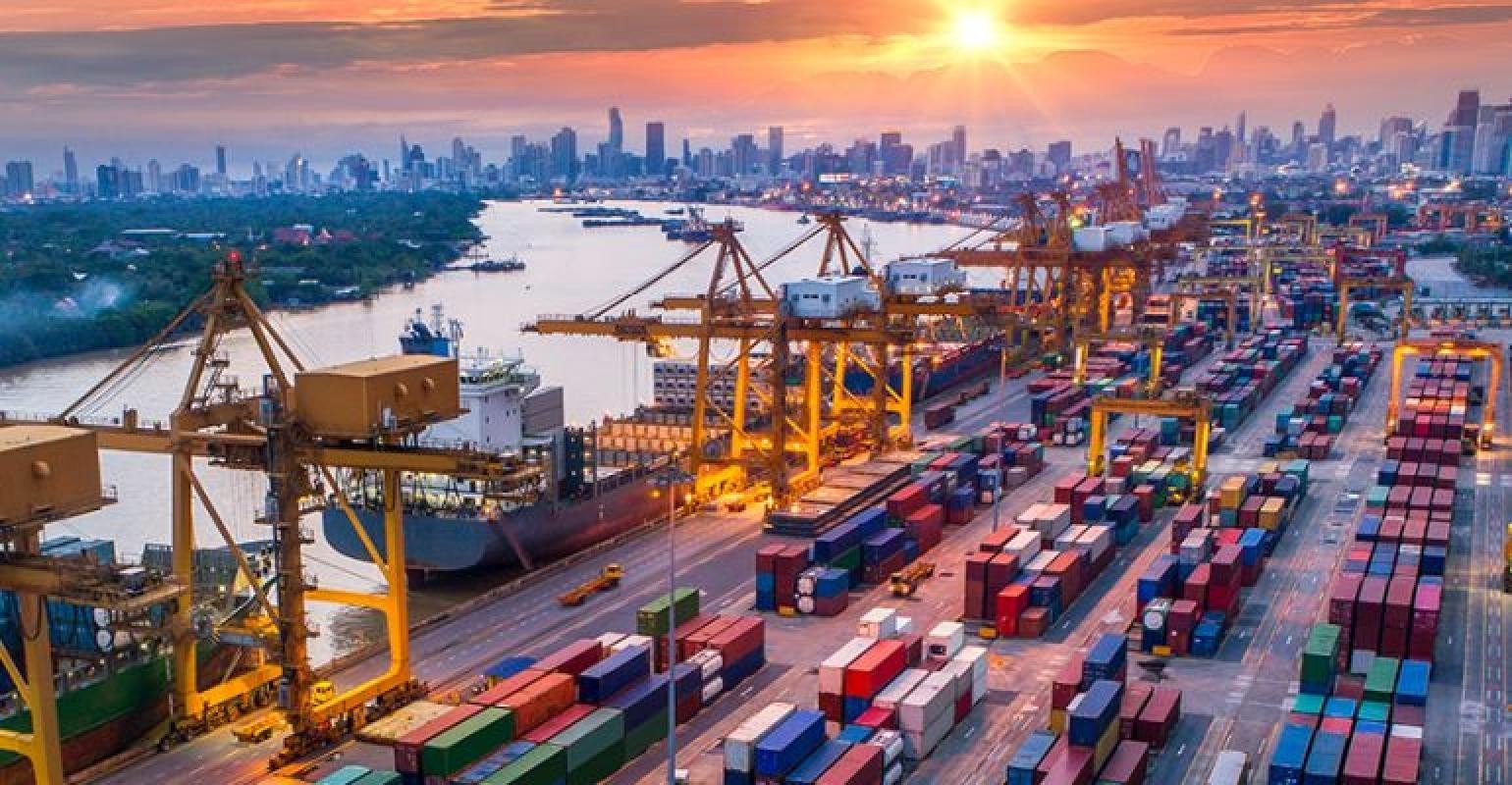Trade Finance Services: Looking Past Conventional Banking

Trade finance helps in international trade by enabling the transfer of products and services between nations. In the past years, banks have been primary in guaranteeing the flawless exchange of goods and services between buyers and sellers and facilitating trade finance services. But digital transformation in trade finance is deeply impacting trade finance services. How firms take part in cross-border commerce is shaped by novel technology and shifting market dynamics, which go beyond traditional banking and prioritise efficiency, transparency, and inclusion. The Scene of the Future: Technological Advancements The use of technical advances to rectify the flaws of conventional processes is crucial for the future of trade finance services . The following cutting-edge technologies are expected to change the landscape: 1. Machine learning and artificial intelligence (AI):Algorithms for artificial intelligence and machine learning can improve credit evaluation, increasing accuracy and efficiency. These technologies can offer a more thorough assessment of a borrower's creditworthiness by analyzing enormous volumes of data, allowing banks to provide trade financing services to various companies, including SMEs. 2. Internet -connected devices (IoT): Real-time data on the movement and condition of commodities may be obtained through integrating IoT devices in the supply chain. This lowers the possibility of paperwork errors and allows for more precise risk evaluations of trade finance transactions. 3. Know Your Customer and Digital Identity: With sophisticated KYC procedures, digital identification systems may improve trade finance transaction security and expedite onboarding processes. This is very helpful in lowering fraud and guaranteeing regulatory compliance. Problems in Adopting Technological Improvement: Many issues must be resolved before they are widely adopted is the huge potential advantage of technical improvement in trade finance: 1. Required Standards: To ensure interoperability across various systems, worldwide standards in deploying technologies such as blockchain are necessary. The trade finance ecosystem's players can collaborate more efficiently and smoothly if uniform standards are established. 2. Legal Structure: The regulatory environment must change to allow for and control the application of new technology in trade finance. Fostering trust and compliance requires clear standards on the usage of blockchain in trade finance, the legal validity of digital contracts, and the recognition of digital identities. 3. Intellectual Property Issues: The risk of cyber attacks rises with the digitization of trade finance. Strong cybersecurity measures must be implemented to secure sensitive data and stop illegal access to trade finance systems. 4. Education and Experience: Competent staff must adopt new technology effectively. Training programs and educational activities are essential to provide professionals with the skills and knowledge to traverse the changing world of digital trade finance successfully. Non-Banking Entities' Role 1. Banks and Fintechs Working Together: Collaborations and partnerships are growing as traditional banks and fintech companies recognize each other's advantages. Banks incorporate fintech technologies to boost productivity and enhance client satisfaction. 2. Online Marketplaces for Trade: As centralised hubs that link buyers, sellers, banks, and other stakeholders, digital trade platforms are taking shape. These solutions offer a familiar environment for trade finance transactions, automate procedures, and enable end-to-end visibility. 3: Furnishers of Supply Chain Financing: Supply chain finance specialists are using technology to maximize working capital and offer financing options depending on the value of the products in the supply chain. This strategy lowers risks and increases transparency by guaranteeing that funding is closely connected to the underlying transactions. Advantages of the Changing Environment Trade finance is changing, positively affecting firms, financial institutions, and the world economy. 1. Reduction of Cost and Efficiencies: Digital technology shortens the time needed for transaction settlements and simplifies procedures while reducing paperwork. This results in considerable financial savings for banks and companies that conduct international commerce. 2. SMEs' inclusivity: Financial organisations may now provide trade financing services to SMEs with potentially short credit histories thanks to AI and advanced data analytics in credit evaluations. This inclusiveness promotes economic expansion by assisting various companies in global trade. 3. Openness and Risk Reduction:The possibility of fraud and mistakes by ensuring the transparency and immutability of transaction records is reduced by Blockchain. By automating the presentation of contractual obligations, intelligent contracts reduce the need for intermediaries and the dangers involved with manual processing. 4. Quick Settlement of Transactions: Trade finance transaction settlement is accelerated by technology like blockchain and digital platforms. Real-time data and automated procedures helps in faster decision-making, which shortens the time it takes for funds to reach the recipients. A shifting financial landscape and Technological improvement are driving an innovative shift in the future of trade financing services. Beyond conventional banking, the combination of IoT, blockchain, AI, and other technologies promises to transform how companies conduct international trade entirely. Although there are obstacles to overcome, like cybersecurity issues, regulatory frameworks, and standardization, the advantages of greater effectiveness, inclusivity, and transparency are substantial.





